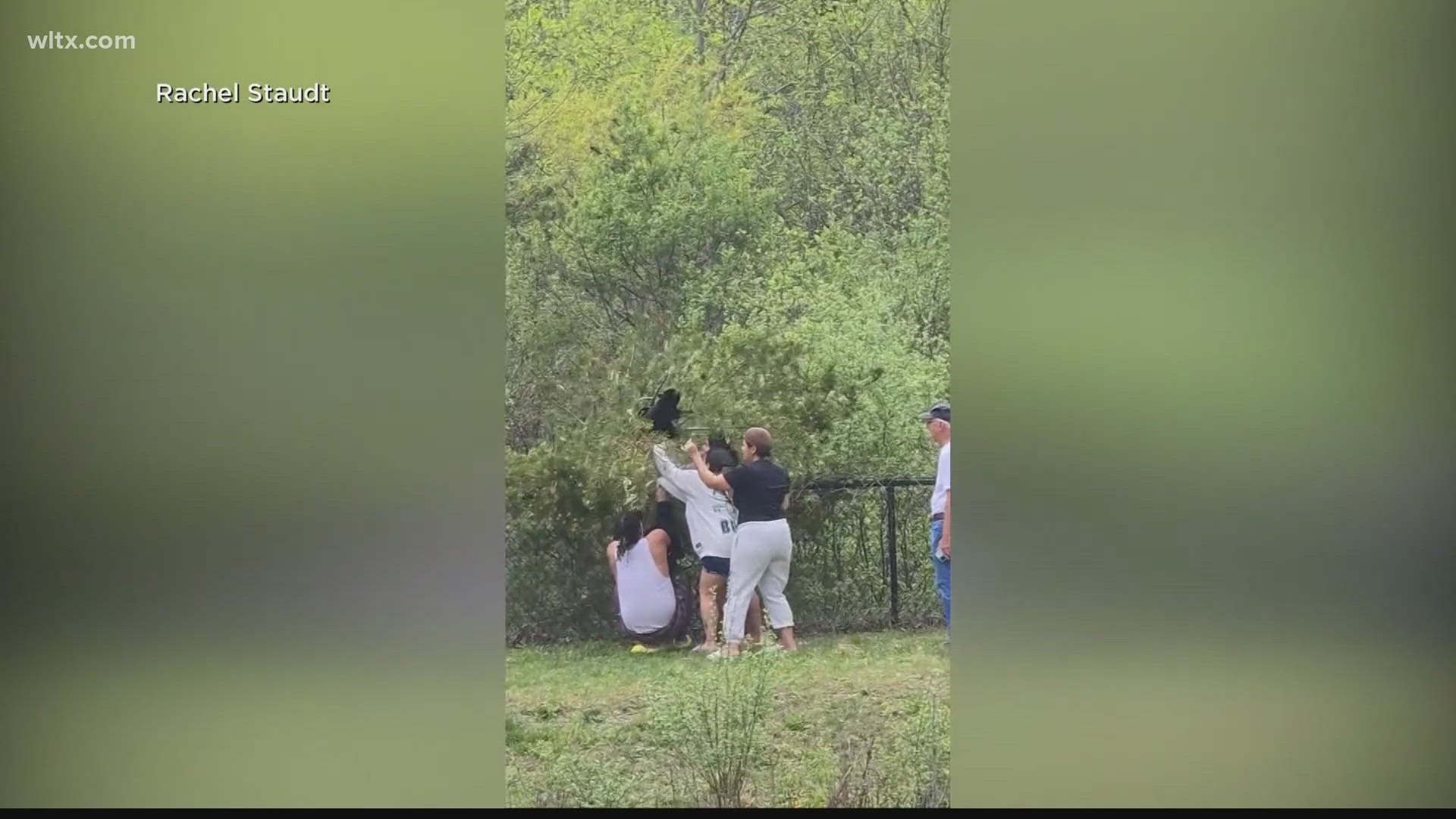COLUMBIA, S.C. — South Carolina legal experts and LGBTQ activists say they were stunned by the Supreme Court's decision to grant employment protections to LGBTQ employees earlier this week.
Jeff March, President of South Carolina Pride and board member of the Columbia Community Relations Council, said he was surprised.
“I was thrilled, as an employer I'm happy about it. Of course, I would never discriminate for any reason. But, I am very happy, especially for our Trans community, because I think they have gotten the brunt of this discrimination with employment issues and it's going to be a very positive change,” March said.
March, a member of the LGBTQ community and business owner, cautioned some might find other ways to get around the ruling, but he called it a positive change in the right direction.
USC labor and employment law expert Joseph Seiner said the Court's 6-3 vote was a game changer.
“Surprising decision, for a number of folks, concluding that you cannot as an employer, under federal law, take any type of adverse employment action whether firing or disciplining or harassing someone because of their gender identity or their sexual orientation,” Seiner said Tuesday.
The change applies to businesses with more than 15 employees, which fall under federal workplace law, according to Seiner.
Seiner said he did not think many employers were discriminating against LGBTQ employees, but said specifically, South Carolina did not have its own law protecting LGBTQ workers.
“I do think it creates a new awareness and it creates a new urgency on the part of employers in South Carolina and elsewhere to do a lot of training, to do a lot of preventative measures because they didn't have to worry about litigation. Now, they have to worry about litigation that can be successful,” Seiner said.
Seiner did not know how many cases were alleging discrimination in the state before this, since sexual orientation and gender identity were not a protected class before Monday’s decision.
He also said the Court would need to clarify if the ruling was retroactive to any recent firings or other discrimination.
Meanwhile, March said it's another equality victory from the Supreme Court.
“This is a bigger move, in my opinion, than marriage equality, because not everybody is going to engage in the unity of marriage. Right? But, everybody has to go to work. So, this is a huge move and needs to be celebrated,” March said.
March said the ruling should’ve been made a long time ago and said allies in the LGBTQ community still had a lot of work to do, particularly for transgender rights in other forms like healthcare.
Seiner added the likely next challenge to this ruling at the Supreme Court level will be potential legal exemptions on religious grounds for employers whom say keeping or hiring LGBTQ employees is against their First Amendment rights to practice their religion.



